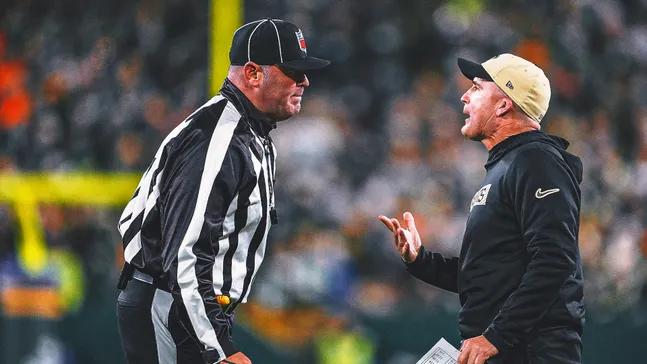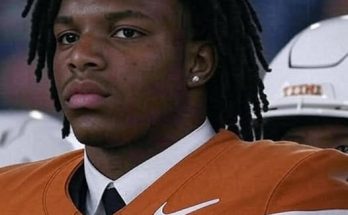In a landmark move aimed at enhancing the integrity and accountability of its officiating, the National Football League (NFL) has dismissed three referees—umpire James Carter, line judge Robin DeLorenzo, and down judge Robert Richardson—for performance-related issues. This unprecedented action underscores the league’s commitment to maintaining high standards in officiating and addressing public concerns over perceived biases and inconsistencies.
The decision to terminate Carter, DeLorenzo, and Richardson follows a season marked by controversial officiating decisions, particularly those involving the Kansas City Chiefs. Critics pointed to questionable calls that appeared to favor the Chiefs, including disputed penalties and rulings in crucial postseason games. These incidents fueled debates about the need for greater accountability within the league’s officiating ranks.
Under the leadership of Ramon George, the NFL’s Vice President of Officiating Training and Development, the league has implemented a more data-driven and performance-based evaluation system for officials. This approach emphasizes merit and aims to eliminate favoritism, ensuring that only those who meet rigorous standards remain in the NFL’s officiating pool. Carter, DeLorenzo, and Richardson, who were deemed to have underperformed, have been reassigned to officiate in major college football conferences. This move allows them to continue their careers at a high level while addressing the NFL’s need for improved officiating quality.
The reassignment of these officials to college football is a strategic decision that benefits both the individuals and the NFL. It provides the officials with an opportunity to maintain their professional standing and continue gaining experience, which could lead to potential reentry into the NFL’s officiating ranks in the future. For the NFL, this approach serves as a corrective measure, demonstrating a commitment to accountability without permanently severing ties with officials who may have the potential to improve.
Historically, the NFL has taken steps to address officiating shortcomings. In 2018, down judge Hugo Cruz was fired midseason—the first such action in the Super Bowl era—after missing a clear false start in a game between the Los Angeles Chargers and the Cleveland Browns. The NFL cited Cruz’s failure to maintain a high level of performance over a sustained period as the reason for his dismissal.
The departure of Carter, DeLorenzo, and Richardson is part of a broader effort by the NFL to enhance the quality of officiating. The league has acknowledged past challenges, including the use of replacement officials during the 2012 referee lockout, which highlighted the difficulties of maintaining officiating standards under less-than-ideal circumstances. The experience with replacement officials underscored the importance of having seasoned and competent referees to ensure the fairness and integrity of the game.
The NFL’s commitment to improving officiating is also reflected in its investment in training and development programs. The league has established comprehensive training regimens for officials, focusing on decision-making, rule interpretation, physical fitness, and the ability to keep pace with the game’s speed. Officials are regularly assessed, and those who consistently rank in the lower tiers are subject to enhanced training or reassignment. This structured approach aims to ensure that all officials meet the high standards expected at the professional level.
The reassignment of officials to college football also reflects the NFL’s recognition of the interconnectedness of the football officiating community. Many officials begin their careers at the collegiate level, and the skills and experiences gained there are invaluable. By facilitating the transition of its former officials to major college conferences, the NFL helps maintain a high standard of officiating across all levels of the sport. This strategy not only benefits the individuals involved but also enriches the overall quality of football officiating.
While the NFL’s actions have been praised by some, others view them as a necessary step to restore faith in the league’s commitment to fairness and transparency. The public’s perception of officiating bias, particularly in high-stakes games, has been a longstanding concern. By taking decisive action, the NFL aims to address these perceptions and reinforce the integrity of the game.
Looking forward, the NFL’s focus on data-driven performance evaluations and accountability is expected to influence future decisions regarding officiating. This approach may lead to more consistent and fair officiating, enhancing the overall quality of the game. However, it also places greater pressure on officials to perform at the highest level, knowing that their positions are contingent upon meeting stringent standards.
In conclusion, the NFL’s decision to terminate three officials and reassign them to college football represents a significant shift toward greater accountability and transparency in the league’s officiating practices. This action reflects a broader commitment to maintaining the integrity of the game and addressing public concerns about fairness and bias. As the NFL continues to refine its approach to officiating, the hope is that these changes will lead to a more consistent and equitable experience for players, coaches, and fans alike.



